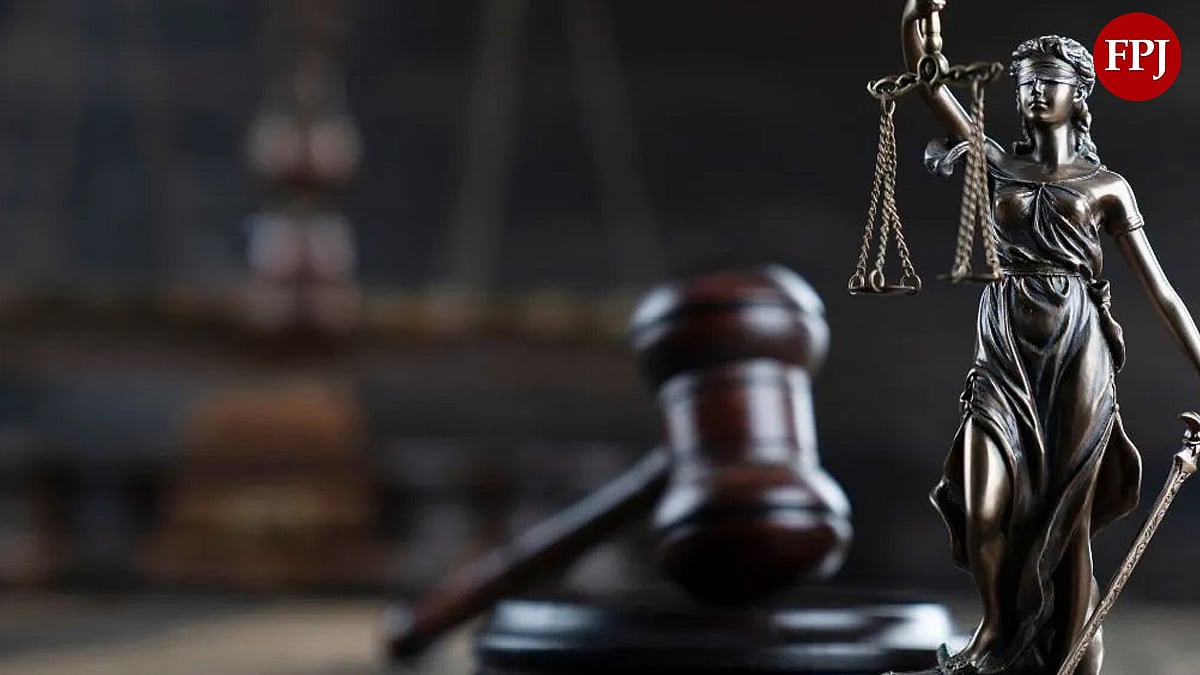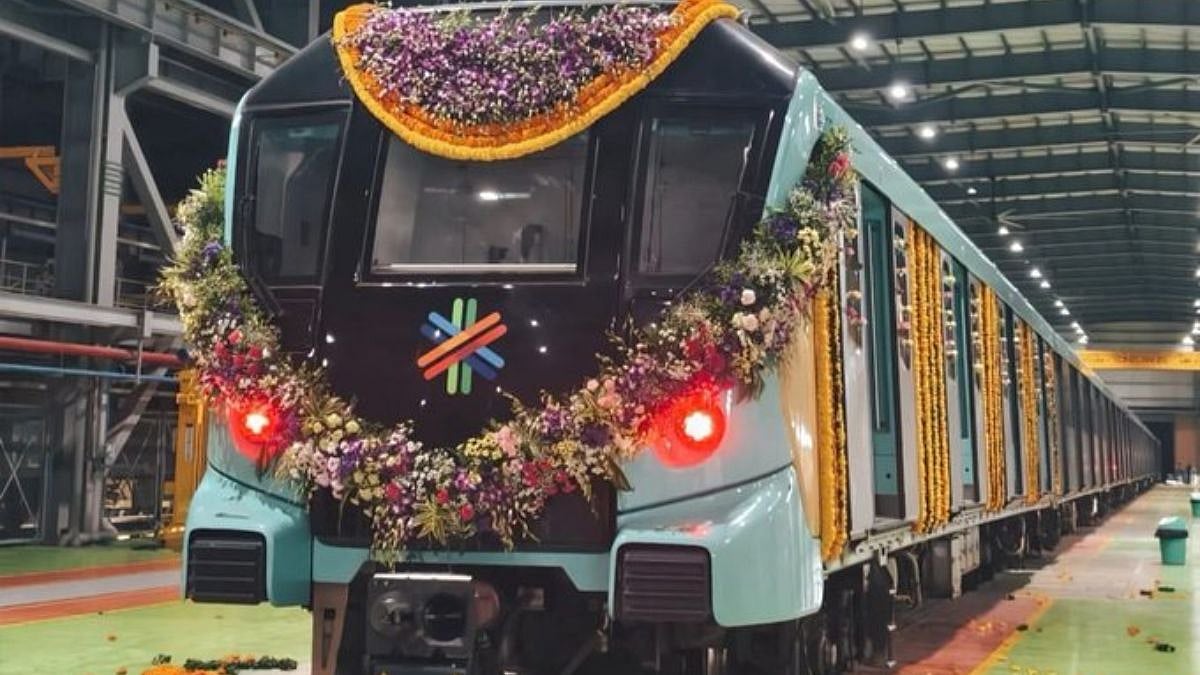About 70 years ago, it looked quite uncertain that Indian democracy would hold, given that typical family income was $6 a month, only about 15 per cent of the population was literate, there were deep religious, regional and ethnic differences and more than a dozen national languages and innumerable dialects were spoken in a country that is as diverse as a continent.
But half a century later, India had proved to be the first democracy anywhere near so poor to survive. In a speech to London’s Constitutional Club in 1939, Winston Churchill had poured disdain on the idea of India: “India is a geographical term.
It is no more a united nation than the equator.” Comparing India to Europe, Churchill said “India is no more a political personality than Europe.”
Since 1931, the personalities of both India and Europe have changed a great deal. After a fatal Second World War, Europe emerged as a prosperous and developed continent where liberal democracy evolved and consolidated over the next few decades.
In explaining India to the outside world, people often find it helpful to compare India to the European Union (EU), more than the United States. The comparison may not do India justice but the parallel may not be entirely wrong.
Today, Europe is an economic union and a financial giant; as a political union it is a project under making. India is a developing country confronted with several political and economic challenges. Politically, Europe is a fairly stable continent, despite the rise of far right political forces. Politically, India is also a fairly stable subcontinent.
But there are similarities between India and the EU with respect to decline in quality of democracy. According to The Economist’s Democracy Index 2018, democracy in Europe has declined more than any other region in the world in recent years.
However, notwithstanding the reported “democratic malaise”, countries in Europe still dominate the top of the table globally. While Western Europe features heavily with countries that are considered “full democracies”, Eastern Europe leads in the “flawed democracy” category.
India is also classified as a “flawed democracy”. Ranked 41 on the index with a score of 7.23, it is the lowest ever score attributed to India in the Democracy Index that has been produced since 2006.
The Democracy Index ranks nations on five parameters: electoral process and pluralism, functioning of government, political participation, political culture and civil liberties. Among all these parameters, India fared the worst when it came to political culture.
There are many different models of democratic government around the world. If properly understood, democracy should not even be the “rule of majority”, if that means minorities’ interests are ignored.
Therefore, at least in theory, a democracy is government on behalf of all the people, according to their “will”. While democracy in Europe took a long time to consolidate, in India it is still a work-in-progress and yet to capture the imagination of people beyond electoral politics and overcome the resistance of politicians.
As far as democratisation of the country is concerned, India has a long way to go to catch up with countries that are called “full democracies”.
Disturbing patterns associated with the state of democracy around the world have been found by three important reports by Freedom House, Economist and Varieties of Democracy (V-Dem), an institute associated with Sweden’s Guttenberg University. Research from these reports suggests autocracy, in the form of right-wing populism, has developed into a credible threat to democracy.
In a decade of backsliding on democracy around the world and the rise of illiberal right, political forces that question the very tenets of democracy are gaining ground.
In India the shifting political and ideological landscape, like in the US and Europe, poses a serious threat to the process of consolidation of democracy and democratisation of the country and its institutions.
Nations aspiring to become democracies, according to the late historian Richard Beeman, have been burdened by one question: “how to implement principles of popular majority rule while at the same time preserving stable governments that protect the rights and liberties of all citizens.”
According to Thomas J Scot, an adjunct professor of world politics at Metropolitan State University, Minnesota, a democracy predicated on providing the “rights and liberties of all citizens” is dependent on a nexus of three crucial dimensions of democratic governance:
checks and balances on governmental power; political norms that are accepted and practiced by all political actors; and institutions that are separate and independent of governmental influence.
In conjunction with issues of governance, Scot stresses, a functioning democracy must acknowledge the existence of an independent media, a vibrant civil society, and a judiciary free of government domination.
The end-all of politics in a democracy is the will of the people not raw power, and the majority’s acceptance of minority viewpoint in the formation of public policy.
As power in a true democracy is fluid and diffused, centralised power, if left unchecked, weakens democratic norms and institutions paving the way for authoritarian rule. In short, concentrated power is the antithesis of democracy. India celebrated 72 years of independence last week.
Since independence India has managed to stay on the democratic path, despite economic, political and social challenges. But Indian democracy is not what it used to be till a decade ago.
The challenges for India’s democracy have been numerous and many a time of extraordinary magnitude. But India has managed to overcome them by applying innovative, responsive and novel strategies to move forward. However, in recent years it seems something has gone wrong with India’s democratic project.
If we take V-Dem research report as a reference point and compare it with ground reality, it can safely be said that certain indicators of democratic performance have declined: personal liberties have been restricted, freedom of expression has been curtailed, democratic deliberations have been bypassed, secular principles have been compromised, institutional independence has been hampered and attacks on minorities and backward castes have increased.
Though the decline in India’s democracy began somewhere towards the end of last decade, the V-Dem report notes that the deterioration has been sharp since 2014. What has led to this decline? The election side of India’s democracy is not in decline.
But the decline is on the side of liberal features of democracy: protection of individual and minority rights, checks and balances between various players in the political system and infringements on media freedom and the civil society activities.
ALI Chougule is an independent Mumbai-based senior journalist.



.jpg)

